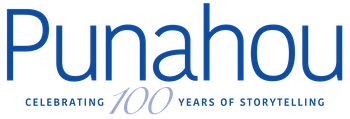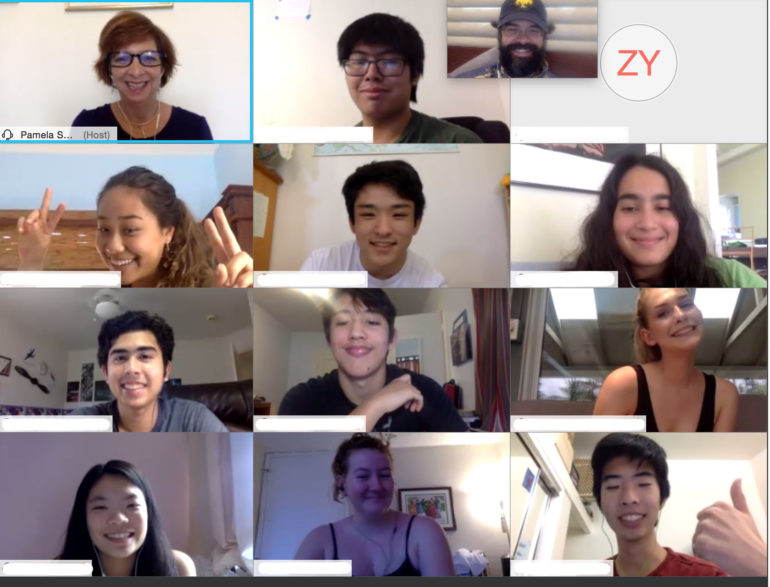Related: Recommended Reading: Discussions of Race
In Punahou’s Bias Studies course, taught by Pamela Sakamoto and David Ball, Academy juniors and seniors cast a critical eye on ideas and assumptions of American literature, the media and U.S. history from post-Civil War to the present. By closely examining sources of information, students learn to think critically about how biases have influenced the depiction of past and current events.
Students examine everything from Civil War photography, accounts from interned Japanese Americans during World War II, to the language used in textbooks during the overthrow and annexation of Hawai‘i. Students keep media journals, analyze the reliability of narrators, study the historical contexts of the literature and pursue an independent action project.
“We hope to help students develop a nose for bias and keen eyes that place ideas in context,” said Sakamoto, chair of Punahou’s Academy Social Studies department. “We do this by promoting deep reading, vigorous discussion and sophisticated analysis. As a result, we anticipate that our students will develop a sense of empathy for others, including those who represent different backgrounds and who lived in the past.”
Amid the current political turmoil and divisions of society, the English/social studies class has become particularly relevant. Sakamoto says the course unfolds like a college seminar, and that students who have taken part often delve into spirited class discussions. “The daily news feed of current events – whether the pandemic or politics – is a constant reminder of why we need such a course,” she said. “What is a fact? How are facts distorted? Do they matter? Are today’s complex, chaotic times incomparable and unimaginable? Answering these questions can help correct dangerous tendencies to slide into sloppy reasoning and thinking susceptible to manipulation on an individual and national scale.”
Ball, who conceptualized the class, says both he and Sakamoto share a passion for social justice and “teaching students how the incompleteness of the American democratic experiment points toward the seismic civil rights era we are living through presently.”
“Becoming responsible consumers and producers of information is a basic requirement of 21st century citizenship,” he said. “Our students have a true opportunity to become leaders with these skills.”

